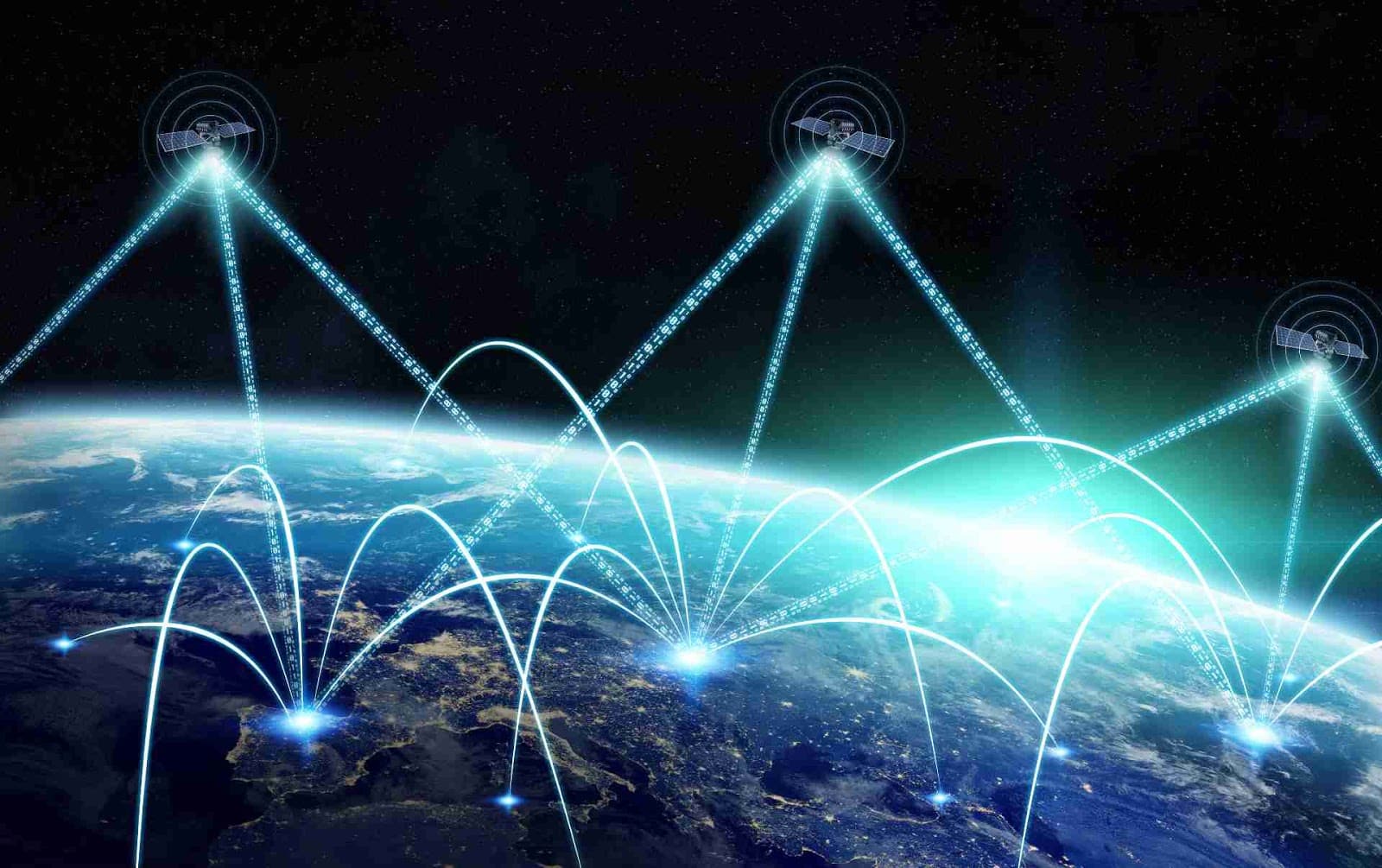

The advances in gaming, artificial intelligence and robotics over the course of 2020 has been impressive. You would have thought that COVID-19 would have slowed progress but if anything it has increased the demand for technological solutions. As we are forced to keep our distance and work from home, so technology is needed to bridge the gap.
Consequently, while 2020 might have felt difficult and frustrating for some, for those advancing tech it has been a welcome boost. Here we look at the advances of 2020 and what they will mean for our future.
Tiny AI
While tiny AI sounds like a host of nano-robots coming to get you, it is in fact something more practical. Powerful AI algorithms can now run from our phones and tablets without ever needing to talk to the cloud. Innovators have shrunk the size of artificial intelligence to the size of your hand and also increased the speed of the algorithms capabilities and performance speed.
Latency issues are now a thing of the past, as there is no wait for the signal to be sent and received. Therefore, our handheld devices are more powerful; they are also safer. As there is no need for constant communication with the cloud there are also fewer privacy issues.
Quantum Supremacy
Google claims they have achieved the milestone of a quantum computer outperforming a classical computer. The Sycamore quantum processor was able to determine a set of randomly distributed numbers in just over 3 minutes. Google believes it would have taken the classical computer around 10000 years to achieve the same thing.
While this all feels pretty sci-fi and mind boggling, the truth is that such a quantum computer is a decade or more away from solving the problems that classical computers cannot manage.
Satellite Mega-Constellations

The race to connectivity is the new race to the stars. Technological giants are working hard to ensure high-speed internet is available in every inch of the globe. While 5G continues to progress, using as yet unused frequency ranges, so too are the creation of mega-constellations of satellites. These satellite constellations will banish that frustration of irregular wi-fi and phone signal connectivity.
The demand for these satellites is being met by industry leaders such as SpaceX, who was responsible for the launch of American astronauts into space in May of 2020.
There are concerns over the lack of international rules and sector-governing regulations, especially as OneWeb, Amazon and Telesat are all competing for the right to put technology in space.
Attributing the causes of climate change
Denying that humans have had no impact on the changes to the climate has become political fodder. However, the increase in severe weather events makes this opinion more and more difficult to maintain. However, what could settle the debate once and for all is the improvement in computer processing power that now allows scientists to attribute causation. While at the moment this causation only connects severe weather to changes in climate and does not pinpoint what are the causes of the change, what it does is make clear that these events are not part of an expected cycle.
Currently, this climate change attribution is being used in climate litigation, as people seek damages for the lost lives and property.
Digital Money
Probably the area that has been impacted most by the pandemic is currency. Fiat currencies, or those backed by Governments, are still dominant but the use of the notes and coins is fast becoming history. The spread of a virus made it almost impossible to pay for anything using physical money and instead we pay via a card touching a pad or through our phones.
However, this move to digital money goes beyond transaction methods in day-to-day life. The introduction of different cryptocurrencies has been evolving for over 20 years. Bitcoin, Ethereum and Litecoin, to name three of hundreds, have been offering instant transactions anonymously, saving money as it cuts out the need for an intermediary.
Recent developments include PayPal introducing the idea of Bitcoin on its payment platform. While this might seem a small moment in the history of digital money, the acceptance by conventional payment platforms that crypto was here to say has an impact and adds to the potential that such coins could splinter the global financial system.
Differential Privacy
The 2020 US Census saw the use of differential privacy. This is the largest-scale application of this technology yet. What differential privacy does is allow for organisations to collect and share aggregate information about users. However, it keeps the identities of individuals private. Data is undoubtedly useful to large companies and countries and the potential of this data is limited by a desire for privacy. This technology solves that privacy issue and allows consumers to share data with trust.







